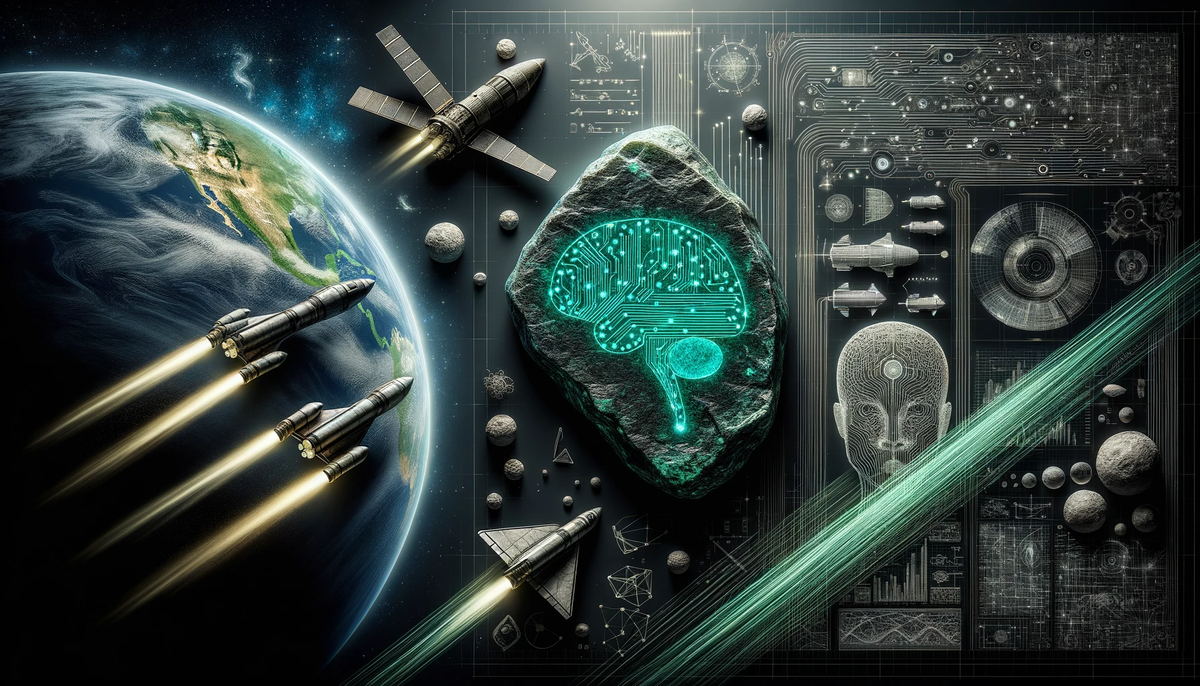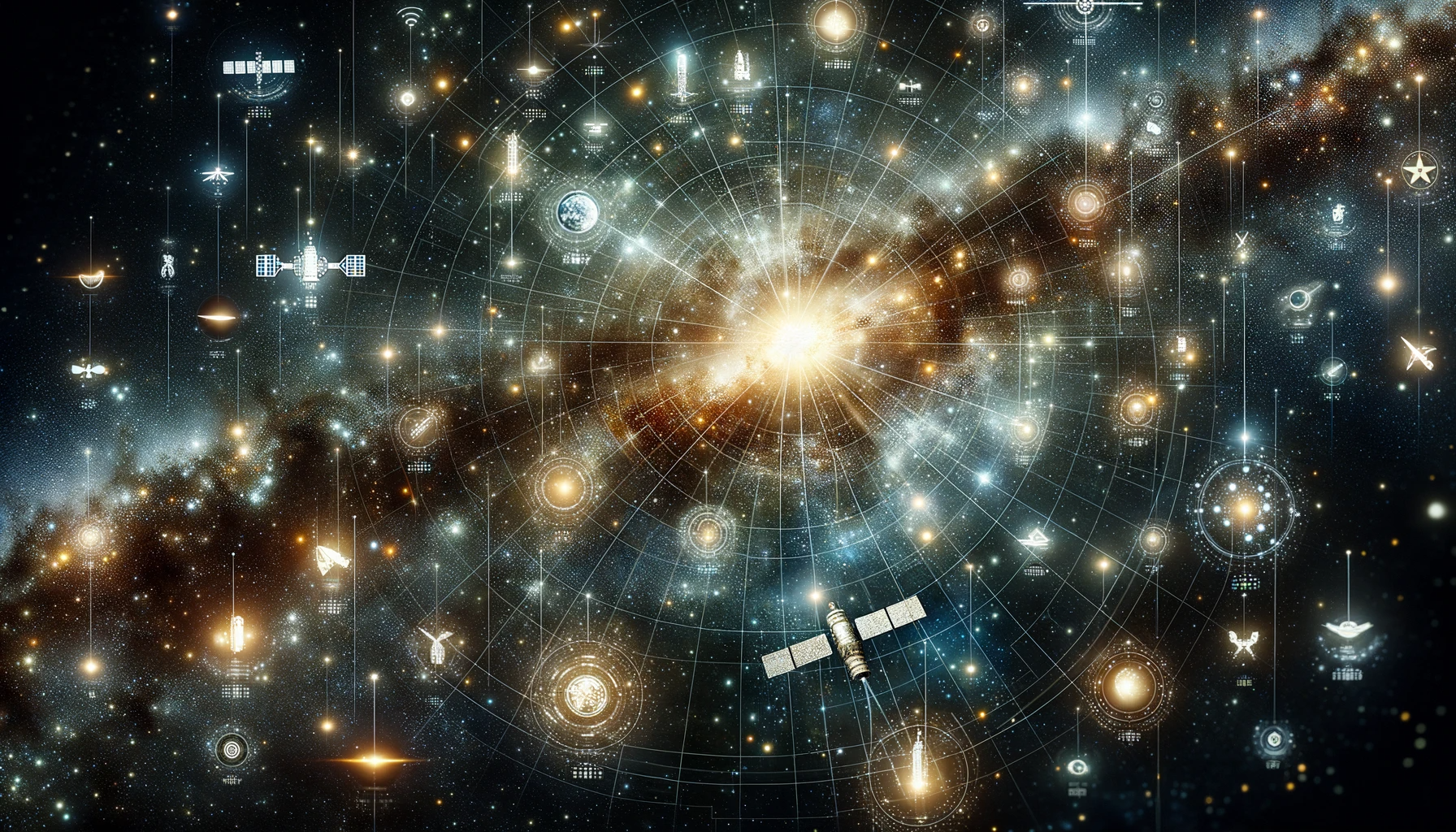Large Language Models are the Rosetta Stone of Space Domain Awareness
Large Language Models, with their ability to process complex data and generate actionable insights, are potential Rosetta Stones for Space Domain Awareness.

The vastness of space invites humanity to explore, promising answers to age-old questions and new challenges to overcome. Where people go, danger and conflict follow. Space Domain Awareness (SDA) is our safety insurance in the Third Space Age, helping us understand and operate in this increasingly congested, contested, and competitive domain. However, the complexities of space data can be daunting even for experienced operators and monitors. This is where Large Language Models (LLMs) such as ChatGPT 4 Turbo come into play, promising to throw processing and cognition at the problem of interpreting complex space data.
Navigating a Sea of Cosmic Data
Space, the final frontier (cue music), is not just a poetic metaphor but a sea awash with data. From tracking tens of thousands of satellites and pieces of debris to monitoring space operations and geopolitical (astropolitical?) intent, our quest for Space Domain Awareness (SDA) relies on interpreting this vast amount of data [1]. The Commander of US Space Command (USSPACECOM) regularly emphasizes the need for improved SDA to deter & mitigate threats and protect space assets [2]. As space becomes more crowded with national and commercial activity, investments in powerful terrestrial and space-based radars and sensors are crucial. However they may not be enough without robust data interpretation frameworks [3].
"Space is an ocean—and I'm not speaking metaphorically. Ocean defines both 'the entire body of salt water that covers approximately 72% of earth's surface,' and any 'great expanse.'" (Commander Sam J. Tangredi, U.S. Navy, Space is an Ocean)

LLMs: The New Age Decoder
With the advent of Large Language Models (LLMs), a new space (pun intended) of data interpretation and semantic inference opens up. These massive models, brimming with compressed semantic knowledge and made useful through reinforcement learning, have the potential to sift through the pile of SDA data needles to find just the right needle. The process of making sense of space data begins with meticulous preparation, similar to the careful labeling of training data seen in certain deep learning applications for space [4]. For instance, LLMs have been used to analyze data from the Hubble Space Telescope, helping scientists identify new celestial bodies.
"Many systems today are built to capture data about the present and the past, but haven’t been mined to understand cause-and-effect links that could help support decisions about the future." (Link: Decision Intelligence)

Bridging the Cosmic Understanding Gap
LLMs don’t just stop at decoding data; they offer a conduit for more informed decision-making in SDA. The self-judging ability of LLMs enables autonomous judgment and exploration, which could be crucial in time-sensitive space scenarios [5]. By fine-tuning LLMs, they can be specialized to provide intelligent decision support across diverse domains, suggesting their potential role in SDA [6]. Many have suggested that such artificial intelligence capabilities will be critical to timely SDA decision-making (read the book Kill Chain for more). Furthermore, the integration of Ontologies and LLMs can create AI systems capable of not only understanding but providing structured solutions to complex space-related problems [7].

Where does this leave us? The vast domain of space presents significant data interpretation challenges. Large Language Models, with their ability to process complex data (perhaps even in formalized Data, Information, Knowledge, and Wisdom frameworks) and generate actionable insights, are potential Rosetta Stones for enhanced Space Domain Awareness. As civilization becomes more integrated with and dependent upon space, harnessing the power of LLMs could be pivotal in understanding and safely navigating coming conflicts and disasters in space.
Large Language Models, with their ability to process complex data and generate actionable insights are potential Rosetta Stones for Space Domain Awareness.
Subscribe to the Newsletter
If you enjoy this content subscribe to the free newsletter, which includes regular articles as well as additional comments from me. There are great reasons to do so, and subscriptions tell me you find the articles useful! Subscribe today!


